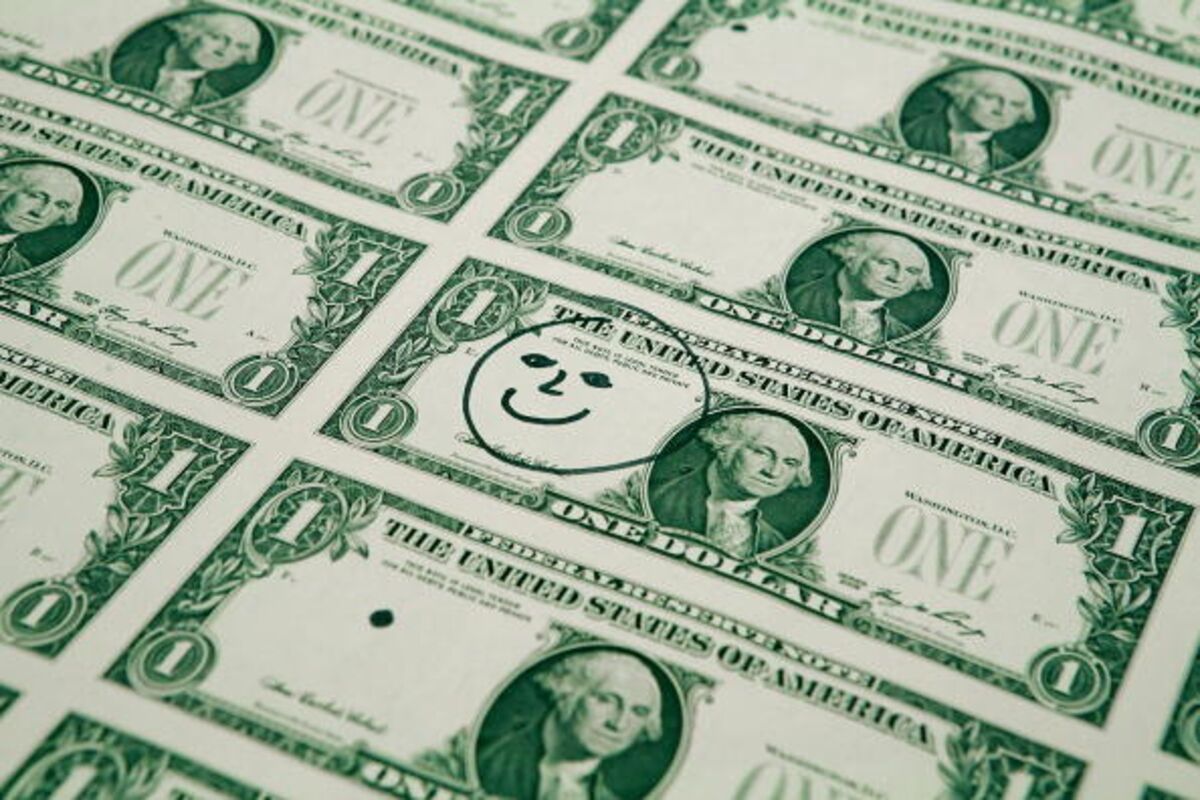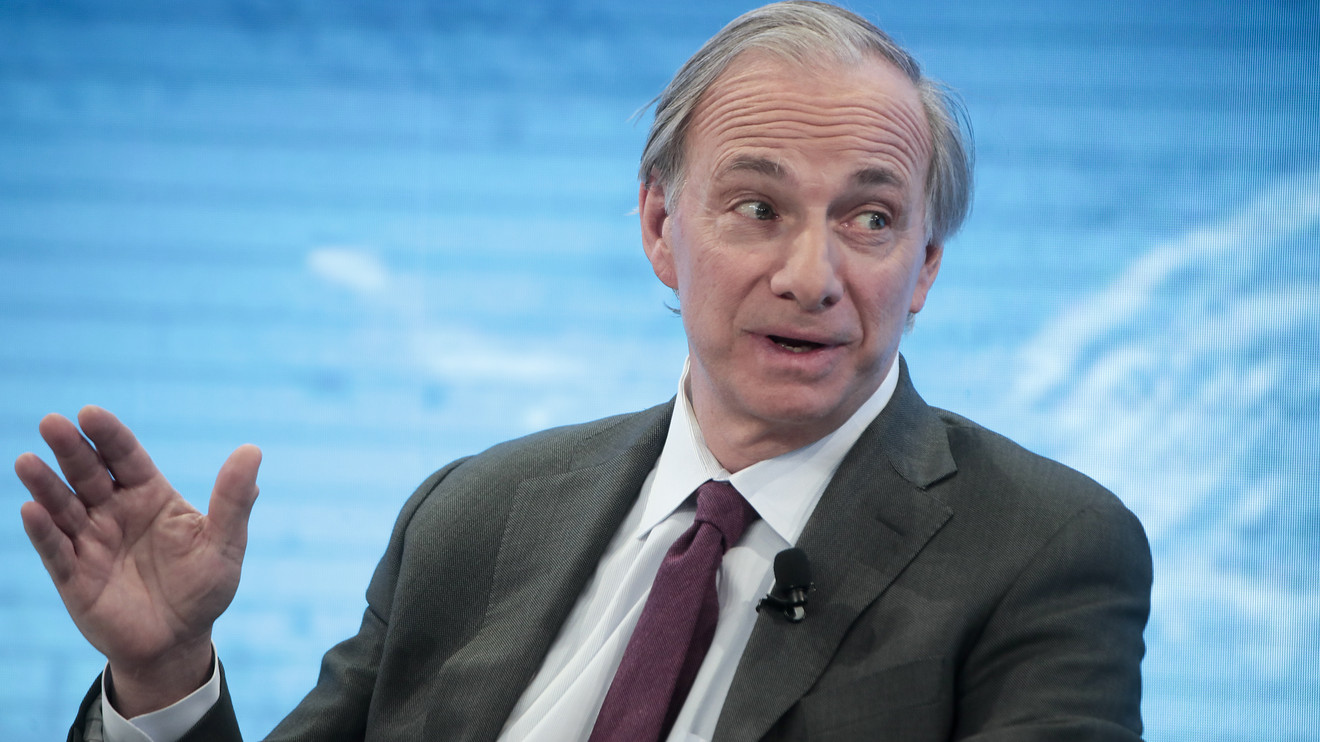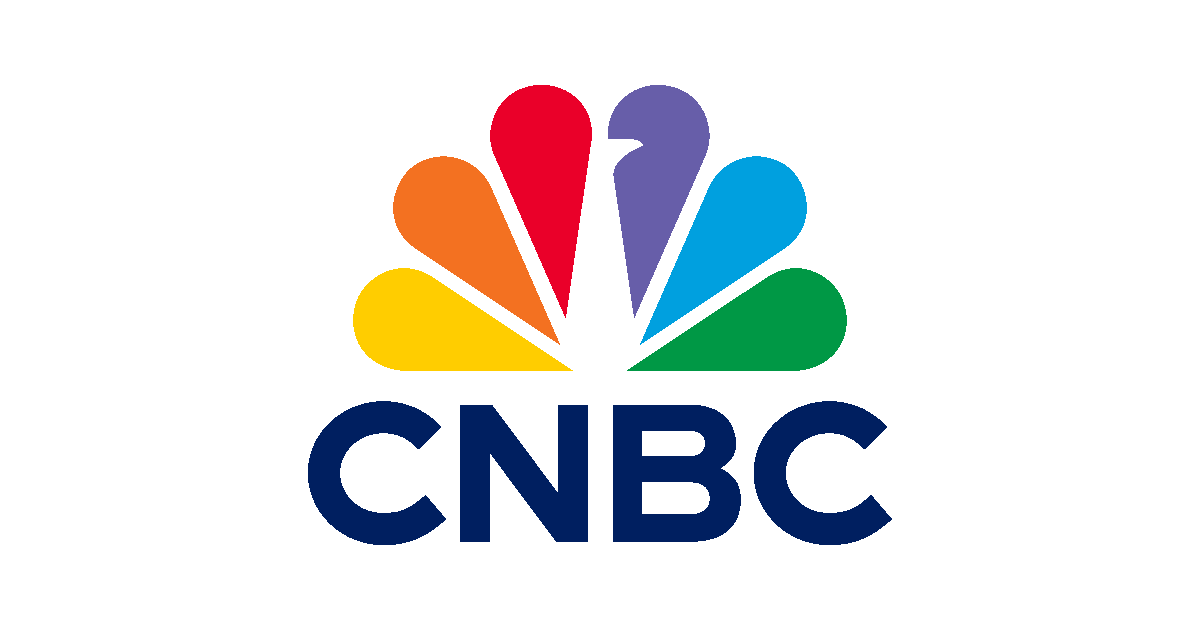Coronavirus: The Black Swan of 2020
Here is a note that we sent to Sequoia founders and CEOs today to provide guidance on how to ensure the health of their business while dealing with potential business consequences of the spreading effects of the coronavirus.
Dear Founders & CEOs,
Coronavirus is the black swan of 2020. Some of you (and some of us) have already been personally impacted by the virus. We know the stress you are under and are here to help. With lives at risk, we hope that conditions improve as quickly as possible. In the interim, we should brace ourselves for turbulence and have a prepared mindset for the scenarios that may play out.
All of you have been inundated by suggestions for precautions to take around COVID-19 to protect the health and welfare of you, your employees, and your families. Like many, we have studied the available information and would be happy to share our point of view — please let us know if that is of interest. This note is about something else: ensuring the health of your business while dealing with potential business consequences of the spreading effects of the virus.
Unfortunately, because of Sequoia’s presence in many regions around the world, we are gaining first-hand knowledge of coronavirus’ effects on global business. As with all crises, there are some businesses that stand to benefit. However, many companies in frontline countries are facing challenges as a result of the virus outbreak, including:It will take considerable time — perhaps several quarters — before we can be confident that the virus has been contained. It will take even longer for the global economy to recover its footing. Some of you may experience softening demand; some of you may face supply challenges. While The Fed and other central banks can cut interest rates, monetary policy may prove a blunt tool in alleviating the economic ramifications of a global health crisis.
- Drop in business activity. Some companies have seen their growth rates drop sharply between December and February. Several companies that were on track are now at risk of missing their Q1–2020 plans as the effects of the virus ripple wider.
- Supply chain disruptions. The unprecedented lockdown in China is directly impacting global supply chains. Hardware, direct-to-consumer, and retailing companies may need to find alternative suppliers. Pure software companies are less exposed to supply chain disruptions, but remain at risk due to cascading economic effects.
- Curtailment of travel and canceled meetings. Many companies have banned all “non-essential” travel and some have banned all international travel. While travel companies are directly impacted, all companies that depend on in-person meetings to conduct sales, business development, or partnership discussions are being affected.
...
https://medium.com/sequoia-capital/coronavirus-the-black-swan-of-2020-7c72bdeb9753






